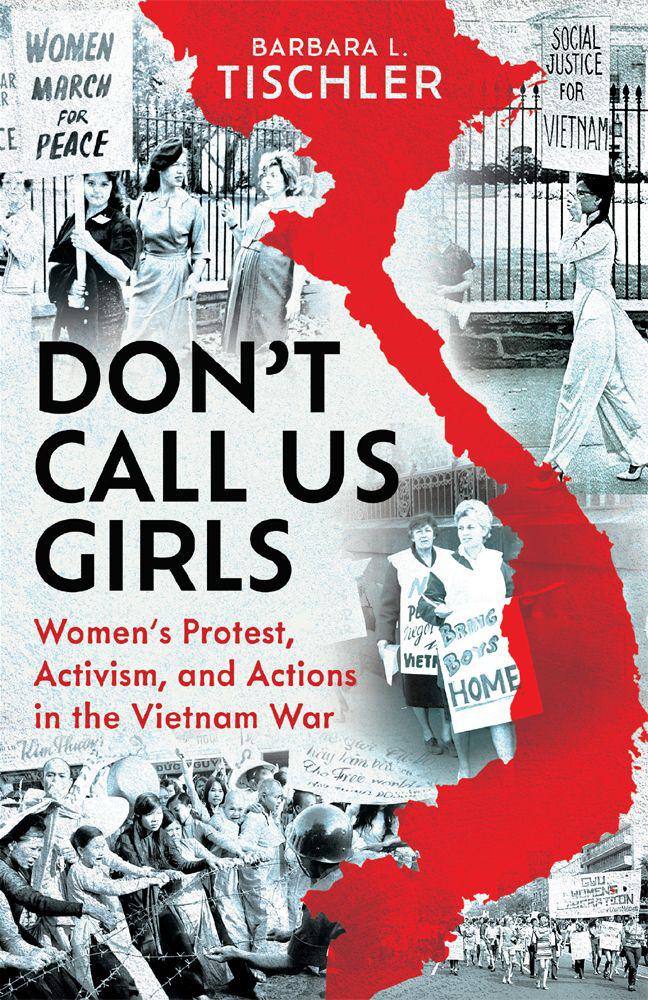

Most ebook files are in PDF format, so you can easily read them using various software such as Foxit Reader or directly on the Google Chrome browser.
Some ebook files are released by publishers in other formats such as .awz, .mobi, .epub, .fb2, etc. You may need to install specific software to read these formats on mobile/PC, such as Calibre.
Please read the tutorial at this link: https://ebookbell.com/faq
We offer FREE conversion to the popular formats you request; however, this may take some time. Therefore, right after payment, please email us, and we will try to provide the service as quickly as possible.
For some exceptional file formats or broken links (if any), please refrain from opening any disputes. Instead, email us first, and we will try to assist within a maximum of 6 hours.
EbookBell Team

4.1
10 reviewsWhen the men returned from war, women were encouraged by forces as powerful as government agencies and eminent psychiatrists to return to their ‘place’ at home. And return home they did, only to realize that they could use the skills they practiced as housewives to begin organizing themselves into groups that would start a wave of protest action that swept through the late 1950s, gathering up the Civil Rights Movement as it hurtled ever forward through the next two decades.
In the 1960s and 1970s, no institution or convention was sacred—many aspects of women’s lives were fair game for criticism, protest, and change. In this no-holds-barred era, women debated everything from international nuclear policies, pay equity and child care for women, to reproductive rights and sexual politics. They protested in the streets, outside the White House, in Trafalgar Square, at the Arc de Triomphe, on university campuses, and just about anywhere else they would be heard. They were tired of the role society had cast for them and they would not rest until they saw the substantial change that seemed promising with the emergence of Second Wave Feminism in the 1970s.
While we still live in a patriarchal society, we have these women to thank for many of the freedoms we now enjoy. If they have taught us anything, it is never to stop pushing back against the patriarchy and to rest only when we are truly equal. The final chapter of Don’t Call Us Girls reminds us that there is still a lot of work to do.